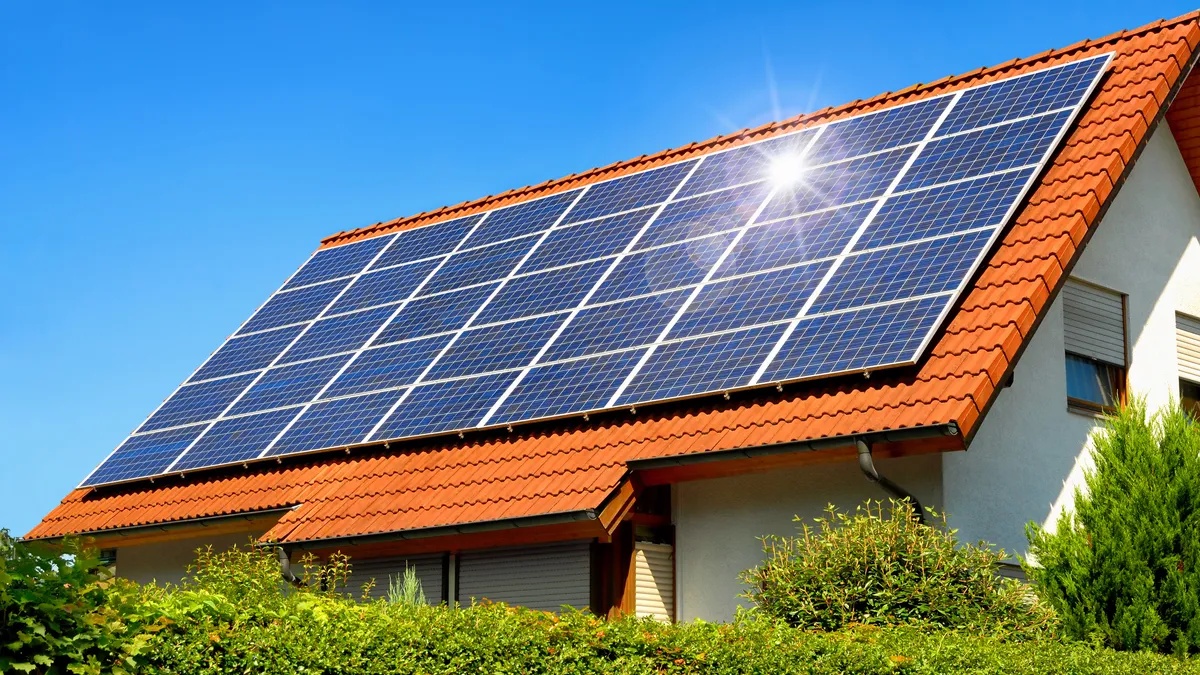Introduction
Solar hot water system have gained significant attention in recent years as sustainable and cost-effective solutions for heating water. This article will delve into the working principles of solar hot water systems and explore the various reasons why they are worth considering for residential and commercial applications.
How Do Solar Hot Water Systems Function?
Solar hot water systems rely on the power of the sun to heat water efficiently. They consist of three primary components: solar collectors, storage tanks, and circulation systems. Solar collectors typically mounted on rooftops, absorb sunlight and transfer its heat to a fluid (usually a mixture of water and antifreeze). This heated fluid then circulates through pipes to a heat exchanger, where it transfers its heat to the water in the storage tank. The hot water can then be used for various purposes, such as showers, laundry, and dishwashing.
Types of Solar Hot Water Systems
Solar hot water systems come in different types to suit various needs and preferences. Let's explore two common types:
Active Solar Hot Water Systems:
Active systems use pumps or fans to circulate the heat transfer fluid between the solar collectors and the storage tank. There are two subtypes:
- Direct Circulation Systems: In direct circulation systems, water from the storage tank circulates directly through the solar collectors, absorbing heat and returning it to the tank. This type is suitable for mild climates where freezing temperatures are uncommon.
- Indirect Circulation Systems: Indirect systems use a heat transfer fluid, such as a mixture of water and antifreeze, to transfer heat from the collectors to the water in the storage tank. This fluid passes through the collectors, absorbing heat, and then exchanges it with the water in the tank via a heat exchanger. Indirect systems are suitable for colder climates where freezing can occur.
Passive Solar Hot Water Systems:
Passive systems rely on gravity or natural convection to circulate the heat transfer fluid. They don't require pumps or fans. There are two subtypes:
- Integral Collector-Storage (ICS) Systems: ICS systems feature a storage tank integrated with solar collectors. Water flows through the collectors, where it is heated by the sun, and then rises to the storage tank due to natural convection. This type is simple and cost-effective.
- Thermosyphon Systems: Thermosyphon systems consist of separate solar collectors and storage tanks. The heated fluid rises from the collectors to the storage tank through natural convection. This type offers better heat transfer efficiency and flexibility in terms of tank location.
The Benefits of Solar Hot Water Systems
- Cost Savings: Solar hot water systems can significantly reduce energy bills by utilizing the sun's free and renewable energy. They provide an excellent return on investment over the long term, as the savings on water heating costs can quickly offset the initial installation expenses.
- Environmental Impact: By harnessing solar energy, these systems help reduce reliance on fossil fuels and decrease carbon emissions. Switching to solar hot water can make a substantial positive impact on the environment, contributing to a greener and more sustainable future.
- Energy Independence: Solar hot water systems offer a level of energy independence, as they are not reliant on external energy sources. This stability can be especially valuable during power outages or when traditional energy prices fluctuate.
- Durability and Longevity: High-quality solar hot water systems are built to last and require minimal maintenance. With proper installation and regular inspections, these systems can serve households reliably for 20 years or more.
- Incentives and Rebates: Many governments and utilities offer incentives and rebates to encourage the adoption of solar technology, including solar hot water systems. These financial incentives can help offset the initial investment, making them even more cost-effective.
Considerations for Installation
When considering a solar hot water system installation, several factors should be taken into account. These include the location and orientation of the property, available space for the collectors, local climate, and hot water demand. Consulting with a reputable solar installer is crucial to determine the right system size and type for specific needs.
Conclusion
Solar hot water systems provide a sustainable, cost-effective, and reliable solution for water heating. Solar Installation By harnessing the power of the sun, these systems offer numerous benefits, including cost savings, reduced environmental impact, and energy independence. With their long lifespan and available incentives, solar hot water systems are a worthy investment that can contribute to a greener and more sustainable future. Consider exploring this renewable energy option and take advantage of the many benefits it offers.


No comments yet